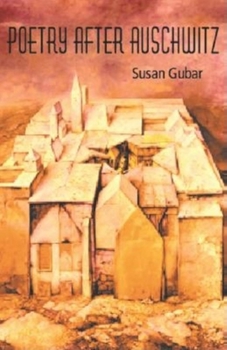Poetry After Auschwitz: Remembering What One Never Knew
Select Format
Select Condition 
Book Overview
In this pathbreaking study Susan Gubar demonstrates that Theodor Adorno's famous injunction against writing poetry after Auschwitz paradoxically inspired an ongoing literary tradition. From the 1960s to the present, as the Shoah receded into a more remote European past, North American and British writers struggled to keep its memory alive. Many contemporary writers, among them Anthony Hecht, Gerald Stem, Sylvia Plath, William Heyen, Michael Hamburger, Irena Klepfisz, Adrienne Rich, Jorie Graham, Jacqueline Osherow, and Anne Michaels, grappled with personal and political, ethical and aesthetic consequences of the disaster. Through confessional verse and reinventions of the elegy, as well as documentary poems about photographs and trials, poets serve as proxy-witnesses of events that they did not experience firsthand. By speaking about or even as the dead, these men and women of letters elucidate what it means to cite, reconfigure, consume, or envy the traumatic memories of an earlier generation. As the testimonies of eyewitnesses come to a close, this moving meditation by a major feminist critic finds in poetry a stimulant to empathy that can help us take to heart what we forget at our own peril.
Format:Hardcover
Language:English
ISBN:0253341760
ISBN13:9780253341761
Release Date:January 2003
Publisher:Indiana University Press
Length:348 Pages
Weight:1.45 lbs.
Dimensions:1.1" x 6.3" x 9.6"
Customer Reviews
0 rating





